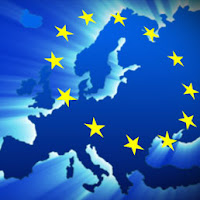Deadline:15 October 2013
The present call invites proposals that address violations of media freedom and pluralism not only with a theoretical approach but also by providing practical support to journalists.The proposals should cover in particular the following functions:
- monitor and document violations of media freedom and pluralism, [with a particular focus on impeding or restricting journalistic activities]
- prepare reports of such violations taking account of the need ensure anonymity where appropriate
- raise awareness for violations of media freedom and pluralism, including through organisation of public events and dissemination of information inter alia through a website
- provide a point of contact for journalists [and other professionals from the media sector] who experience or experienced violations of media freedom and pluralism
- explore ways to provide support to journalists facing challenges from such violations and organise support as appropriate
- prepare written documentation of successful approaches towards organising and providing such support
- organise related training
 The activities should be anchored in structures that are independent from the Commission and Member States and accessible to journalists and other professionals from the media sector across all types of media. In case where such structures already exist, activities carried out in the framework of those structures which do not fall under the functions described above should not call into doubt the independence of those structures.
The activities should be anchored in structures that are independent from the Commission and Member States and accessible to journalists and other professionals from the media sector across all types of media. In case where such structures already exist, activities carried out in the framework of those structures which do not fall under the functions described above should not call into doubt the independence of those structures.
The total budget earmarked for the co-financing of projects is estimated at EUR 1.000.000
CONTACT US FOR MORE INFORMATION

.jpg)










